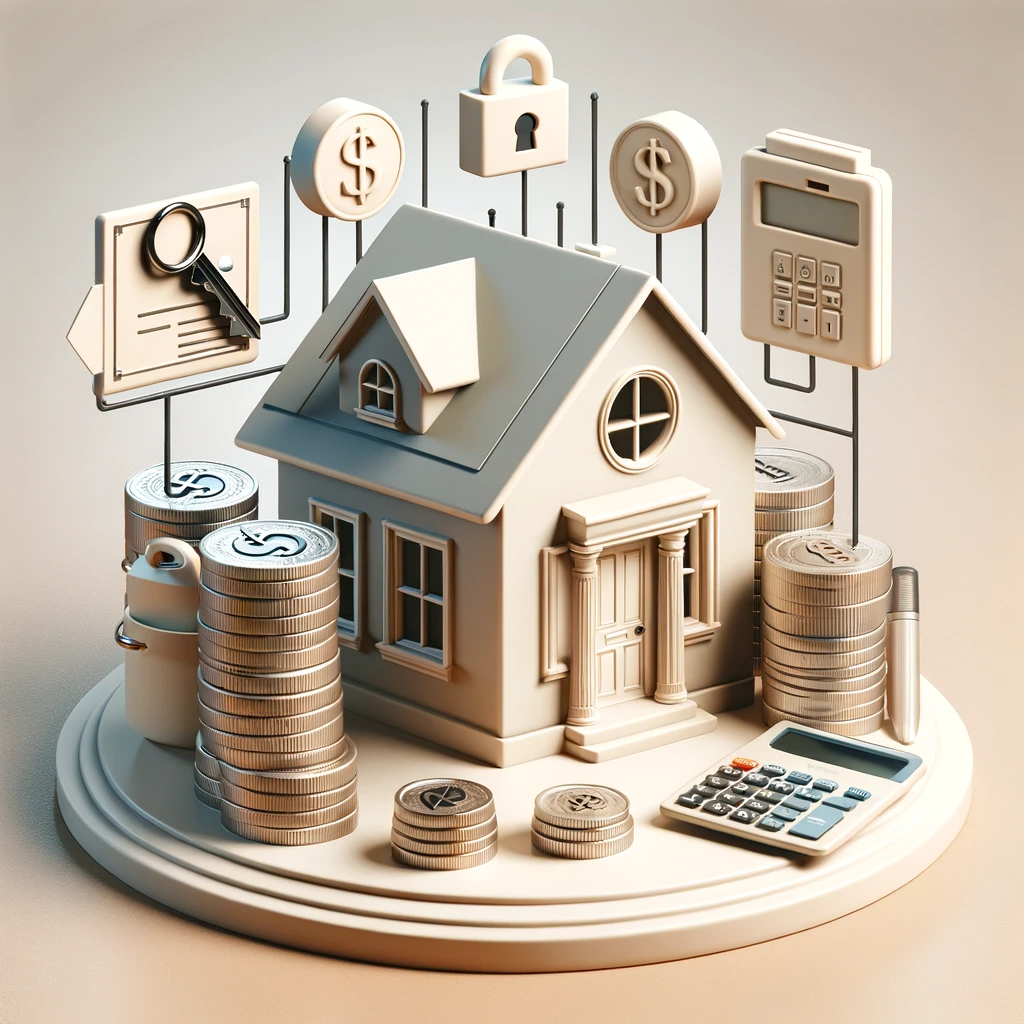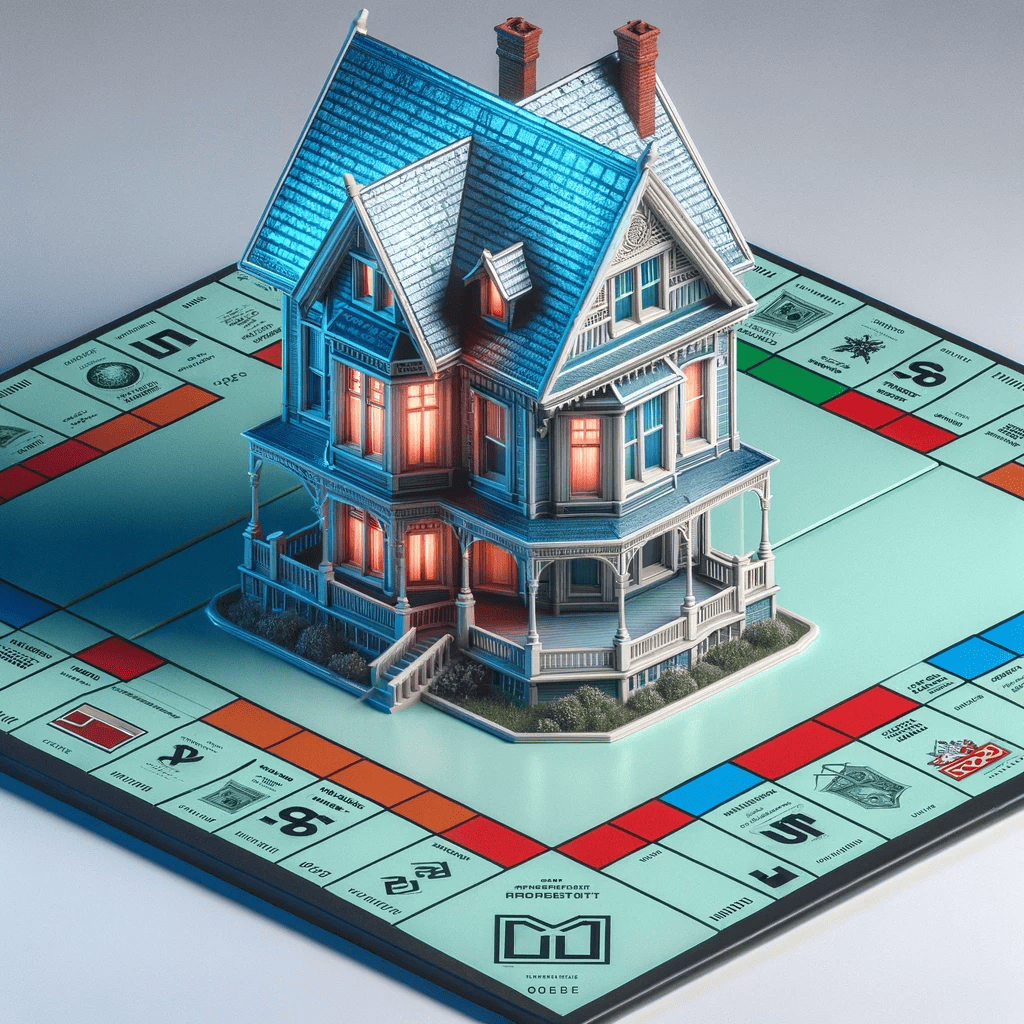Flipping houses in New York remains highly attractive due to the state’s strong market dynamics and consistent economic growth. With over 20 million residents and annual home appreciation rates averaging around 8%, the Empire State offers fertile ground for profitable flips.
In addition to appreciation, New York provides a solid rental yield averaging 5.6% statewide. This serves as a valuable fallback for investors who hold properties longer than expected. Currently home to more than 153,250 active real estate investors, New York presents a vibrant, high-opportunity landscape for both seasoned professionals and newcomers to the industry.
FlipSquad dives into five key cities across New York and breaks down the top three neighborhoods in each based on appreciation rates, rental demand, and overall investment potential.
1. Flipping Houses in New York City: Premier Opportunities
1. Flipping Houses in New York City: Premier Opportunities
As the largest metropolitan area in the U.S., New York City delivers exceptional flipping opportunities backed by global demand and rapid appreciation. The city’s diverse economy—including finance, healthcare, technology, and entertainment—draws high-income professionals and international investors, fueling long-term property value growth.
Top NYC Neighborhoods for Flipping:
Brooklyn Heights – Historic charm meets modern luxury. Appreciation: 10.5%. Avg rent: $5,000/month
Astoria, Queens – Known for affordability and steady demand. Appreciation: 8.2%. Avg rent: $2,500/month
Harlem, Manhattan – Rapid redevelopment and rising appeal. Appreciation: 9%. Avg rent: $2,800/month

2. Buffalo: Affordable Investments, Promising Returns
Buffalo stands out for its affordability, revitalization efforts, and growing job market. Anchored by the healthcare and education sectors, the city continues to attract residents, particularly in the newly revitalized downtown and waterfront areas.
Top Neighborhoods in Buffalo:
Elmwood Village – Vibrant arts district with strong buyer demand. Appreciation: 7.4%. Avg rent: $1,200/month
North Park – Family-friendly, with steady growth. Appreciation: 6.9%. Avg rent: $1,100/month
Allentown – Historic charm attracting young renters. Appreciation: 7.2%. Avg rent: $1,050/month
3. Rochester: Economic Stability and Steady Profits
Rochester offers economic stability, consistent appreciation, and strong rental demand. It is home to thriving healthcare, higher education, and technology sectors, attracting long-term residents and professionals.
The city’s affordable housing market, combined with its cultural and recreational opportunities, further enhances its appeal to investors seeking steady returns.
Park Avenue: Popular with younger buyers, offering an appreciation rate of 6.8%. Average rent: $1,250/month.
South Wedge: A diverse, energetic community experiencing steady growth. Appreciation rate around 7%. Average rent: $1,200/month.
Charlotte: Scenic lakeside living combined with city convenience. Appreciation rate around 6.5%. Average rent: $1,150/month.
4. Syracuse: Strong Rental Demand
Syracuse offers affordable investments, supported by stable appreciation rates and consistent rental demand, making it appealing for long-term investors.
Moreover, the city’s ongoing revitalization efforts and strategic investments in infrastructure have attracted a growing population, making it an increasingly popular choice for house flippers.
University Hill: Driven by student housing demand, appreciation rate of 7%. Average rent: $1,300/month.
Downtown Syracuse: An increasingly attractive urban core with an appreciation rate of 6.5%. Average rent: $1,150/month.
Strathmore: Known for historic homes and family appeal. Appreciation rate of approximately 6.8%. Average rent: $1,100/month.

5. Albany: Capitalize on the Capital
As the state capital, Albany offers a robust economy and a growing real estate market, providing lucrative opportunities for investors. Albany’s diverse economy, driven by government, healthcare, technology, and education sectors, ensures a stable housing market.
Additionally, recent developments and ongoing investments in infrastructure continue to enhance the city’s attractiveness for house flipping.
Pine Hills: With an appreciation rate of 6.2%, Pine Hills’ proximity to colleges and a vibrant cultural scene make it attractive for property investments. Average rent: $1,100/month.
Center Square: Known for historic brownstones and a lively atmosphere, this neighborhood sees appreciation rates around 6.5%. Average rent: $1,150/month.
Delaware Avenue: Up-and-coming area with ongoing revitalization. Appreciation rate around 6.3%. Average rent: $1,050/month.
Key Benefits of Flipping Houses in New York
High Appreciation Rates
Many neighborhoods around NYC demonstrate double-digit annual appreciation rates, with state averages significantly above the national average of around 5%. (source)
Strong Rental Market
New York’s high rental demand ensures liquidity, with statewide rental yields around 5.6% and certain NYC neighborhoods surpassing 6%. (source)
Diverse Buyer Demographics
Around 40% of New York’s population consists of young professionals (ages 25-44), actively seeking urban convenience and contemporary homes.

Considerations and Challenges of Flipping Houses in New York
Regulatory Awareness
New York’s strict zoning and permitting laws necessitate budgeting an additional 5-10% for compliance, especially within densely populated urban areas. Investors must navigate complex permitting processes, which can vary significantly by locality, potentially impacting timelines and profitability.
Delays due to regulatory approval can add weeks or even months to project completion, highlighting the importance of thorough pre-purchase research and compliance planning (source)
Budget Management for Flipping Houses in New York
Renovation costs in New York State vary widely based on the project’s scope, location, and the quality of materials used. Here’s a detailed breakdown:
Minor Cosmetic Upgrades:
For basic renovations, such as updating fixtures, repainting, or installing new flooring, costs typically range from $100 to $200 per square foot. intrabuild.com
Major Renovations:
Comprehensive remodels that include structural changes, high-end finishes, and compliance with local building codes can be more costly:
- High-End Renovations: These projects can range from $200 to $400 per square foot, encompassing custom finishes and luxury materials.
- Gut Renovations: Stripping a property down to its structural elements and rebuilding can cost between $250 to $300 per square foot. Gallery KBNY
Additional Considerations for Flipping Houses in New York
It’s essential to account for factors such as permit fees, labor costs, and unforeseen expenses, which can further influence the overall budget. Precise budgeting and thorough planning are crucial to maximize investment returns.
Understanding these cost variations is vital for effective budget management in New York State’s real estate market.
New York House Flipping FAQ
What type of properties are best for flipping in New York?
Two- to four-family homes and small single-family houses in gentrifying areas often provide the best ROI. These properties are more affordable and appeal to a wide buyer and renter pool.
How long does a typical house flip take in New York?
Flips in cities like NYC can take 6–9 months due to permitting delays. In smaller markets like Rochester or Buffalo, timelines are often closer to 4–6 months.
Are there any renovation incentives available to investors?
Yes, some New York municipalities offer tax abatements, historic rehab credits, and grants—especially in redevelopment zones or for multi-family projects.
What renovation risks should real estate investors plan for?
Older buildings may hide costly issues like structural damage, lead paint, or outdated plumbing. Always factor in a contingency budget and be prepared for permit delays.
When should a house flipper consider renting instead of selling?
If the market slows or profit margins shrink, holding the property as a rental in high-demand cities like Syracuse or Albany can still generate solid cash flow.
Why Choose FlipSquad Software for Real Estate Deals?
What sets FlipSquad apart is its proprietary algorithm, meticulously designed to sift through over 100 million properties. This powerful tool expertly curates the best deals, significantly streamlining the search process for investors and wholesalers.
Try for free: Whether you’re flipping, renting, or building a portfolio, we help you maximize returns and minimize risks. Take the next step—start investing with confidence today!
Final Thoughts: As New York’s real estate market continues to thrive, choosing the right neighborhoods and leveraging reliable data is crucial for successful investments. FlipSquad simplifies this process by providing valuable analytics and strategic support, allowing investors to confidently capitalize on New York’s dynamic property market. Join FlipSquad today to transform your house-flipping ambitions into profitable realities.

